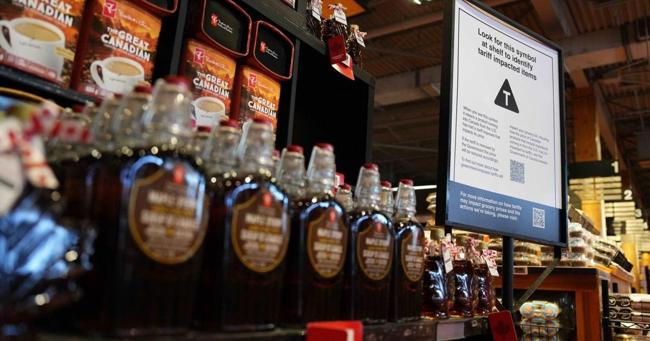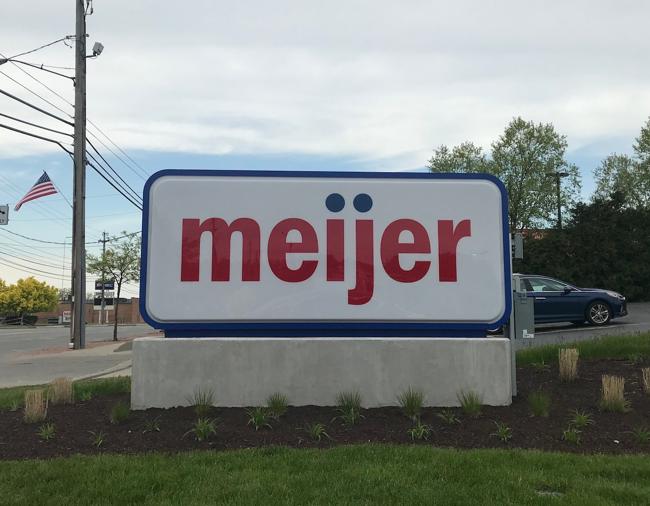Summary
The Extended Producer Responsibility scheme rules are changing and it means many pubs will need to act now to avoid fines and improve their eco efforts.
Source: Morning Advertiser

AI News Q&A (Free Content)
Q1: What is Extended Producer Responsibility (EPR) and how does it impact the packaging and recycling obligations of UK pubs in 2024?
A1: Extended Producer Responsibility (EPR) is an environmental policy approach that requires producers to account for the environmental costs associated with a product's entire lifecycle, including its recycling and disposal. In 2024, new EPR rules in the UK mean that pubs and other businesses handling packaging must ensure proper waste management and recycling compliance or face financial penalties. This policy shift is designed to increase the recovery and recycling rates of packaging materials and reduce environmental impact by holding producers and users, such as pubs, accountable for their packaging waste.
Q2: How do recent innovations in sustainable packaging technologies contribute to reducing the environmental footprint of the hospitality sector?
A2: Recent innovations in sustainable packaging include the use of recyclable, biodegradable, and compostable materials, as well as the adoption of smart packaging technologies. For instance, inkjet-printed, recyclable electronic packaging components have been developed, allowing for easier material recovery and reduced landfill waste. These advances enable pubs and other hospitality venues to minimize their environmental footprint by selecting packaging that is easier to recycle or reuse, aligning with EPR goals and improving overall sustainability in the sector.
Q3: What are the main challenges pubs face in meeting the new EPR requirements for packaging recycling, and what solutions have been proposed?
A3: Key challenges pubs encounter include the complexity of sorting and segregating different packaging materials, ensuring staff are trained on recycling protocols, and managing the costs associated with compliance. Solutions proposed include investing in clearer labeling and collection systems, partnering with specialized recycling firms, and leveraging digital tools for waste tracking. Government and industry guidelines also recommend ongoing staff training and public awareness initiatives to support compliance and improve recycling outcomes.
Q4: According to recent scholarly research, what is the role of smart, recyclable packaging in advancing sustainable practices within the food and beverage industry?
A4: Scholarly research highlights that smart, recyclable packaging—such as inkjet-printed memristors on paper—offers environmental benefits by enabling high-yield, reconfigurable, and easily recyclable product packaging. These materials not only support waste reduction but also facilitate the integration of digital tracking for improved recycling management. Their adoption in the food and beverage industry, including pubs, demonstrates a sustainable pathway that reduces dependency on plastics and lowers the sector's carbon footprint.
Q5: How does product stewardship complement EPR in ensuring lifecycle responsibility for packaging in the hospitality industry?
A5: Product stewardship is a broader approach that involves all stakeholders in the lifecycle of a product—including manufacturers, retailers, consumers, and disposers—to manage its environmental impacts. For pubs, this means not only complying with EPR by recycling packaging but also selecting suppliers with sustainable practices, encouraging customers to participate in recycling schemes, and designing operations to minimize waste. This shared responsibility model enhances the effectiveness of EPR by embedding sustainability at every stage of the product's lifecycle.
Q6: What are the economic impacts of EPR compliance on UK pubs, and how can these establishments mitigate increased costs?
A6: EPR compliance can increase operational costs for pubs due to the need for improved waste management infrastructure, staff training, and possible fees for non-compliance. However, cost mitigation strategies include negotiating with suppliers for more sustainable packaging options, joining collective recycling schemes to benefit from economies of scale, and leveraging government grants or incentives for sustainability initiatives. Over time, improved recycling can also reduce waste disposal costs and enhance a pub’s environmental reputation, potentially attracting more customers.
Q7: Based on recent studies, what long-term environmental benefits can be expected if UK pubs successfully implement robust packaging recycling systems under EPR?
A7: If UK pubs effectively implement packaging recycling under EPR, anticipated long-term environmental benefits include higher recovery rates for packaging materials, significant reductions in landfill waste, and decreased carbon emissions. These changes contribute to a circular economy, where materials are reused and recycled, reducing the demand for virgin resources. Over time, this can also drive innovation in packaging design and waste management, further enhancing sustainability in the hospitality sector.
References:
- Extended producer responsibility - https://en.wikipedia.org/wiki/Extended_producer_responsibility
- Product stewardship - https://en.wikipedia.org/wiki/Product_stewardship





